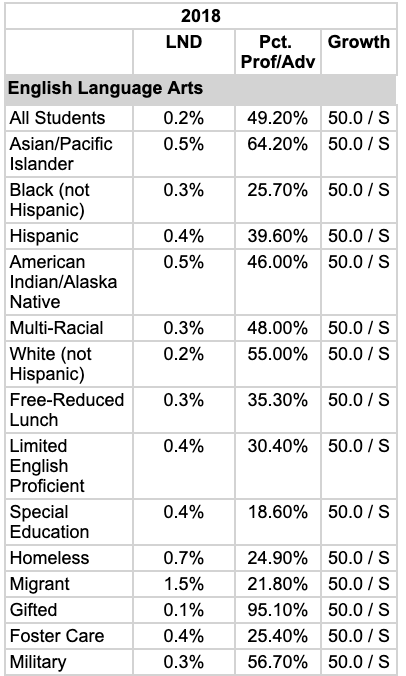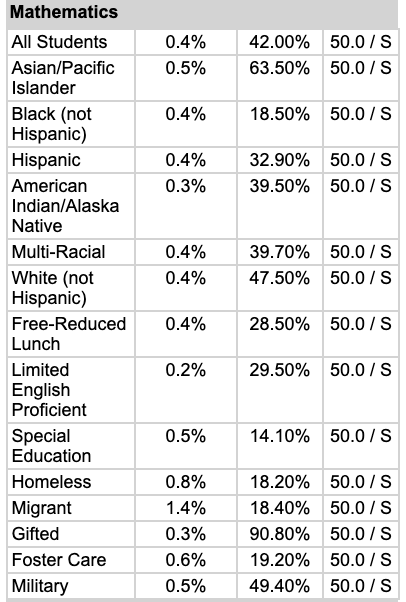Missouri is moving the wrong way on education equity
Missouri has a lot of work to do to get its education system to a point where it is providing a quality education for all of our students.
The most recent Missouri Assessment Program (MAP) results should have provided a real wake up call for parents and educators across the state. According to state data, overall only 49 percent of Missouri students are proficient in English Language Arts, and only 42 percent are proficient in math.
But when you look demographic data the results for black students, the largest minority segment in the state, the problem gets exponentially worse.
According to the Department of Elementary and Secondary Education (DESE), only 25 percent of black students are proficient in ELA and only 18.5 are proficient in math.
This mirrors the most recent National Assessment of Educational Progress (NAEP) results which show similar achievement gaps.
A new analysis of the most recent NAEP results by St. Louis University’s PRiME CENTER shows a significant and widening gap in achievement in both ELA and math. Their analysis shows a 29 point achievement gap (compared to 25 points nationwide) for fourth-grade math, a 30 point gap (compared to 33 points nationwide) for eighth-grade math, a 27 point gap (compared to 26 nationwide) for fourth-grade reading and a 30 point gap (compared to 26 nationwide) in eighth-grade math.


What is Missouri doing about it?
DESE and the state Board of Education are still working on the details of the next iteration of the Missouri School Improvement Plan (MSIP 6) which is the main vehicle used in the state to improve school performance.
But while those details are being resolved, Missouri also has to follow guidelines from the federal government under the Every Student Succeeds Act (ESSA) which includes a variety of equity measures.
So how are we doing on equity under ESSA?
According to a recent analysis by the Urban League, not too well.
The Urban League assessed 36 different states, including Missouri, on how well they incorporated equity into their ESSA plans and ranked Missouri as “POOR” which is the lowest ranking in their analysis.
They used 12 equity indicators which included:
- Goals and Indicators — Missouri ranked excellent
- Subgroup performance — Missouri ranked sufficient
- Supports and Interventions for Struggling Schools — Missouri ranked poor
- Resource Equity — Missouri ranked poor
- Educator Equity — Missouri ranked sufficient
- Stakeholder Engagement — Missouri ranked sufficient
- Breaking the School to Prison Pipeline– Missouri ranked sufficient
- Equitable Access to Early Childhood Education– Missouri ranked sufficient
- Equitable Implementation of College and Career Standards– Missouri ranked sufficient
- Out of School Time Learning– Missouri ranked sufficient
- Equitable Access to High-Quality Curricula– Missouri ranked sufficient
- Clear Reporting and Transparent Data Systems That are Easy to Understand– Missouri ranked sufficient
It is important to note that these rankings are not an analysis of how well our school system is doing on any of these indicators — our test scores and discipline records alone show a great degree of inequity across the state — but how well our state is planning on fixing the issues.
Sadly it seems like we have a long way to go on that front as well.